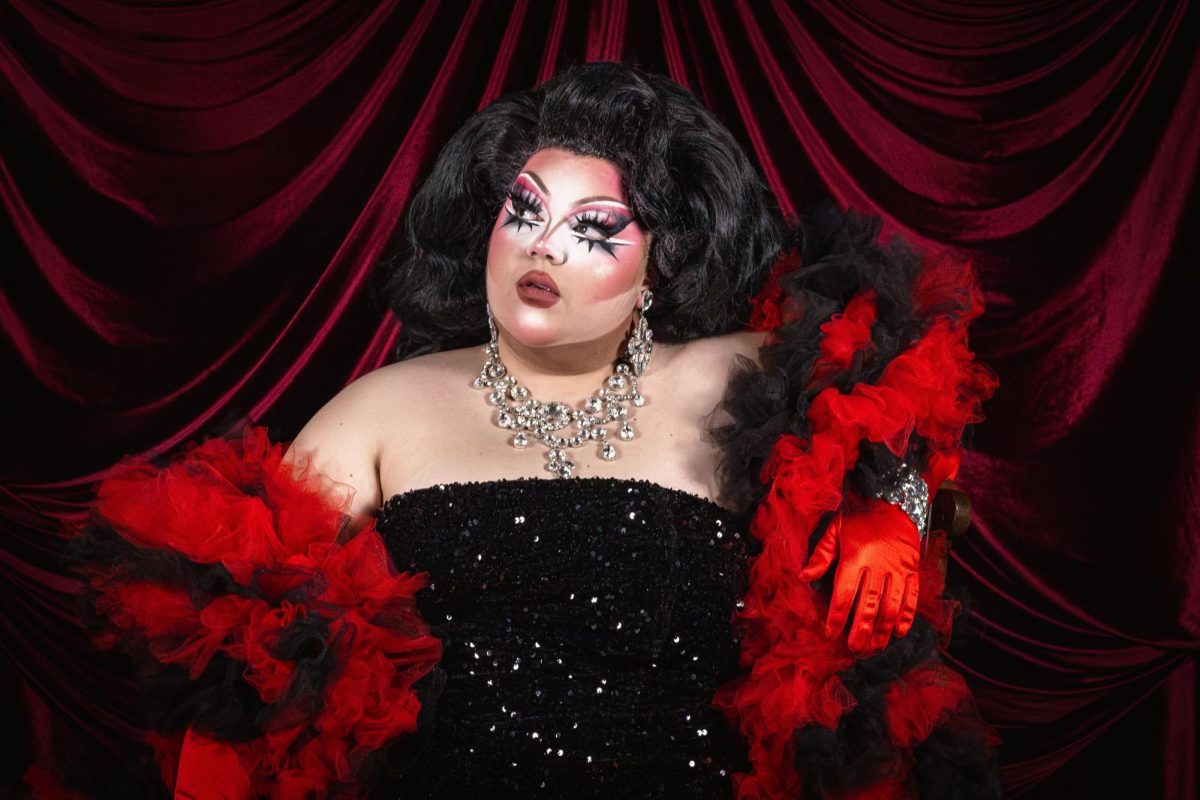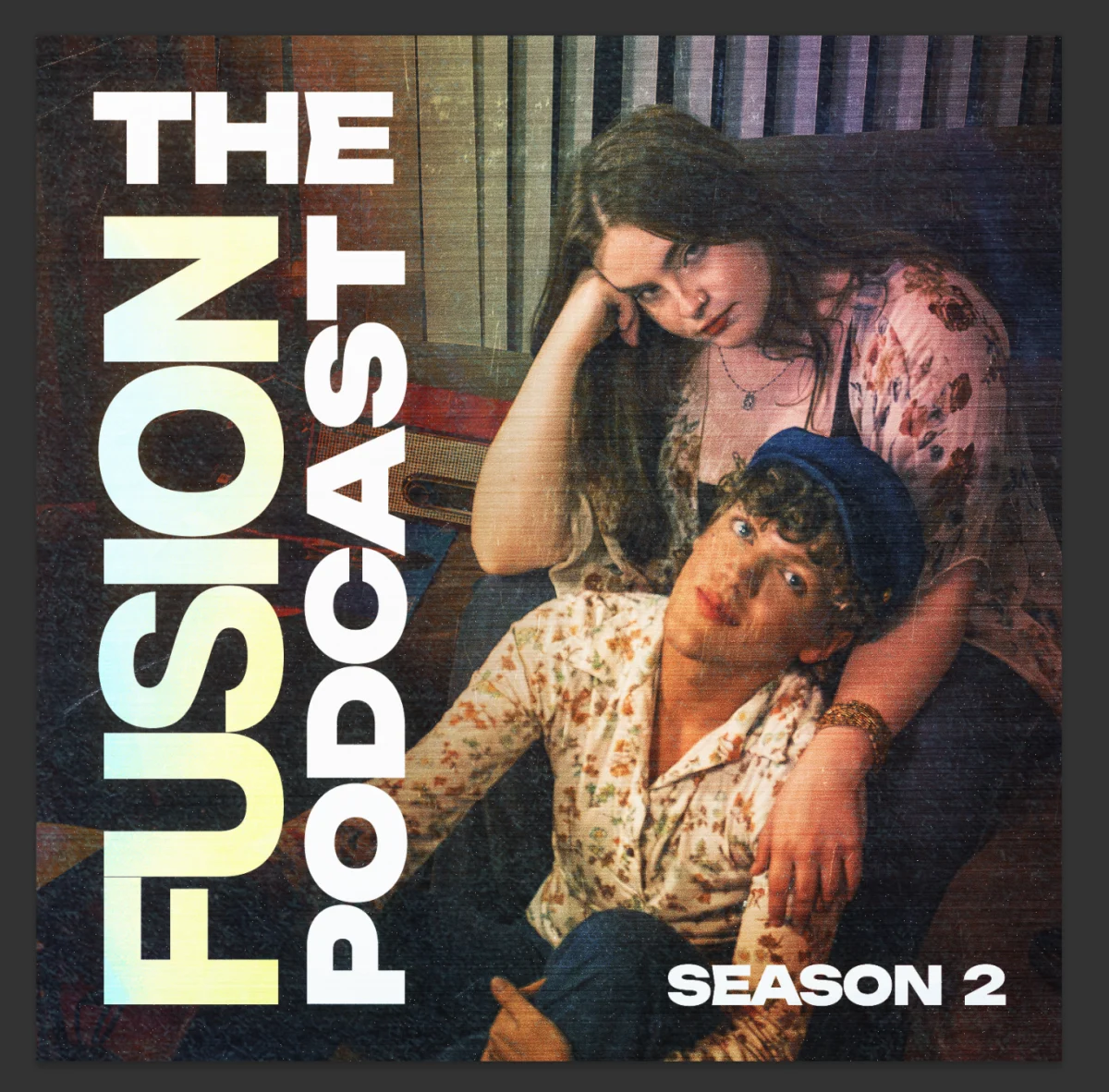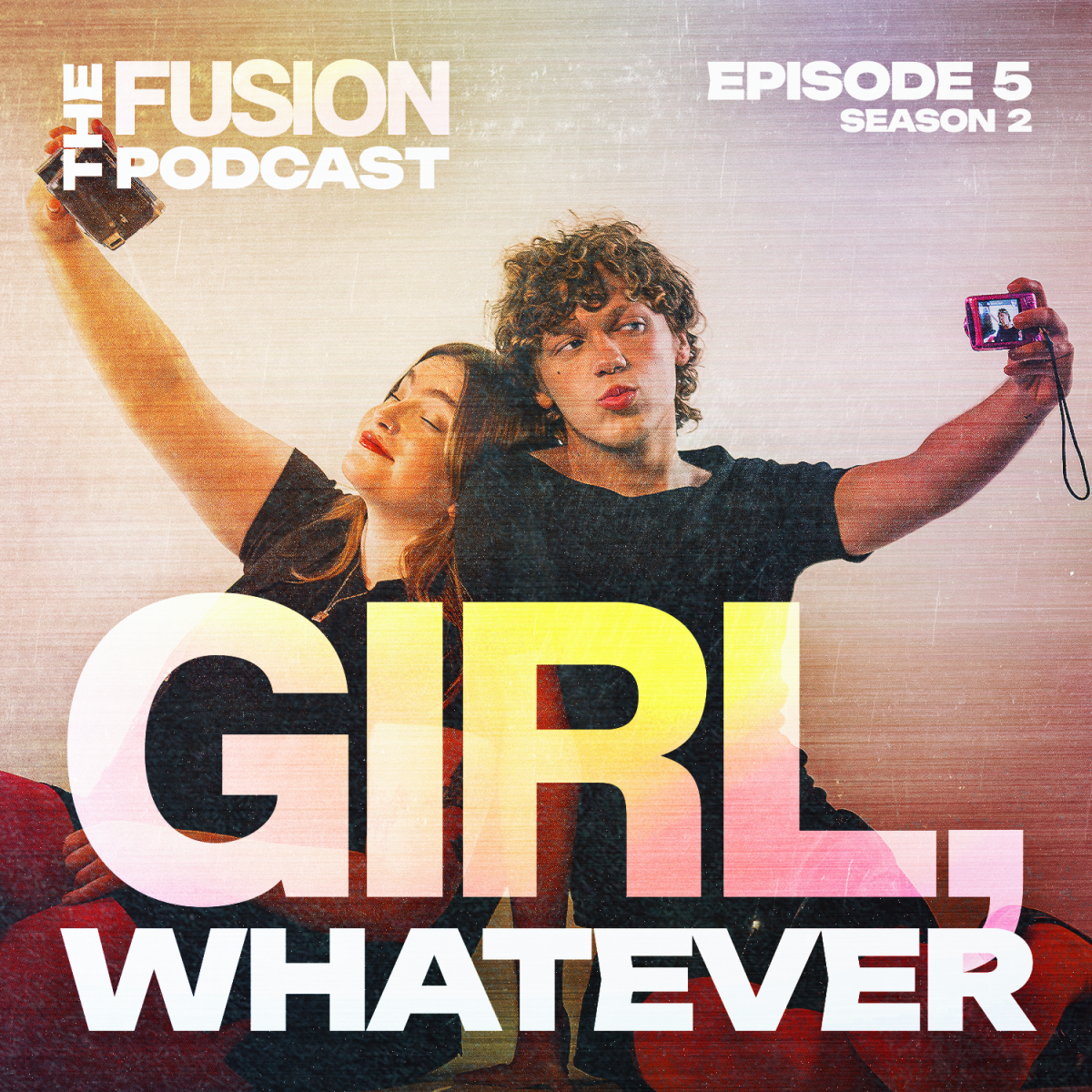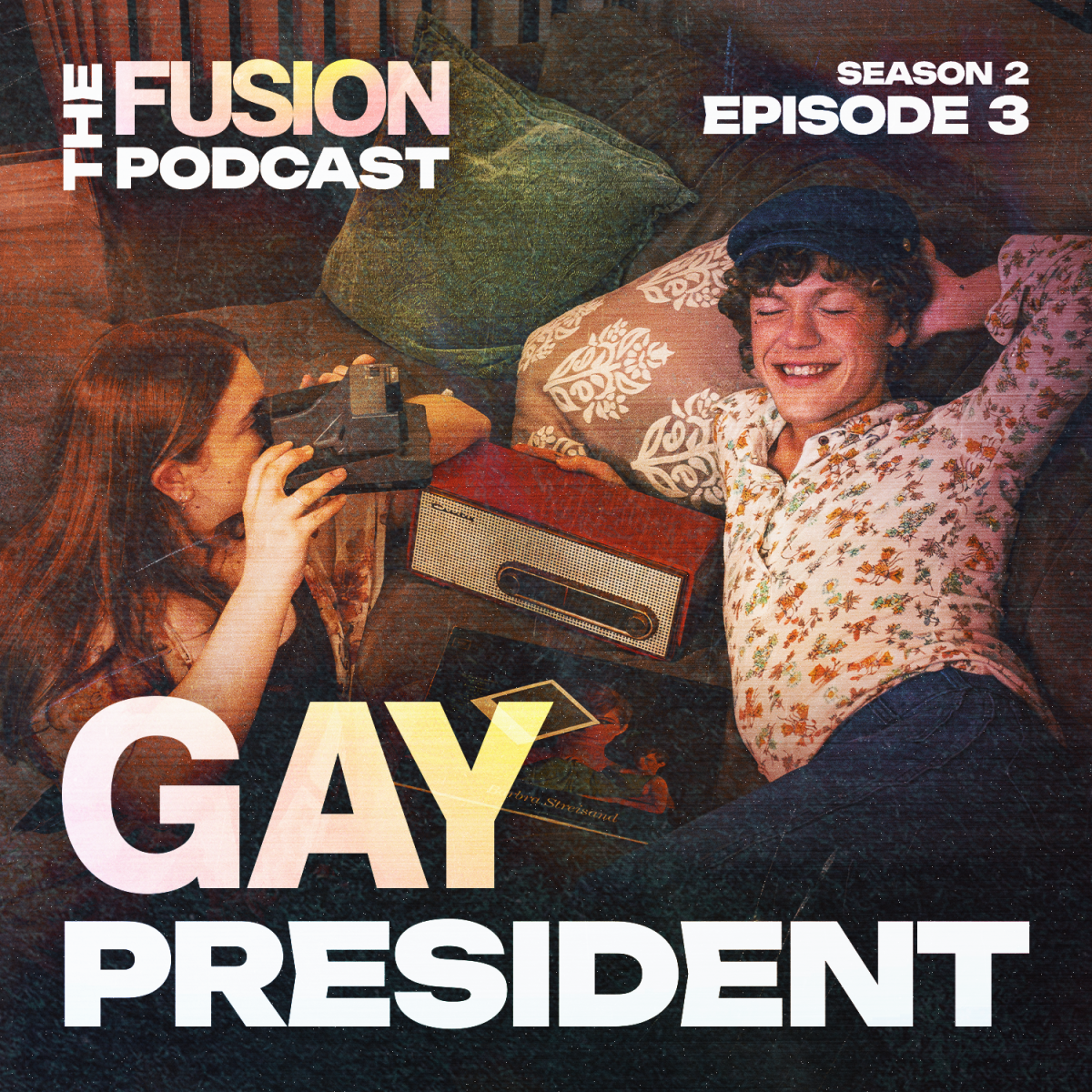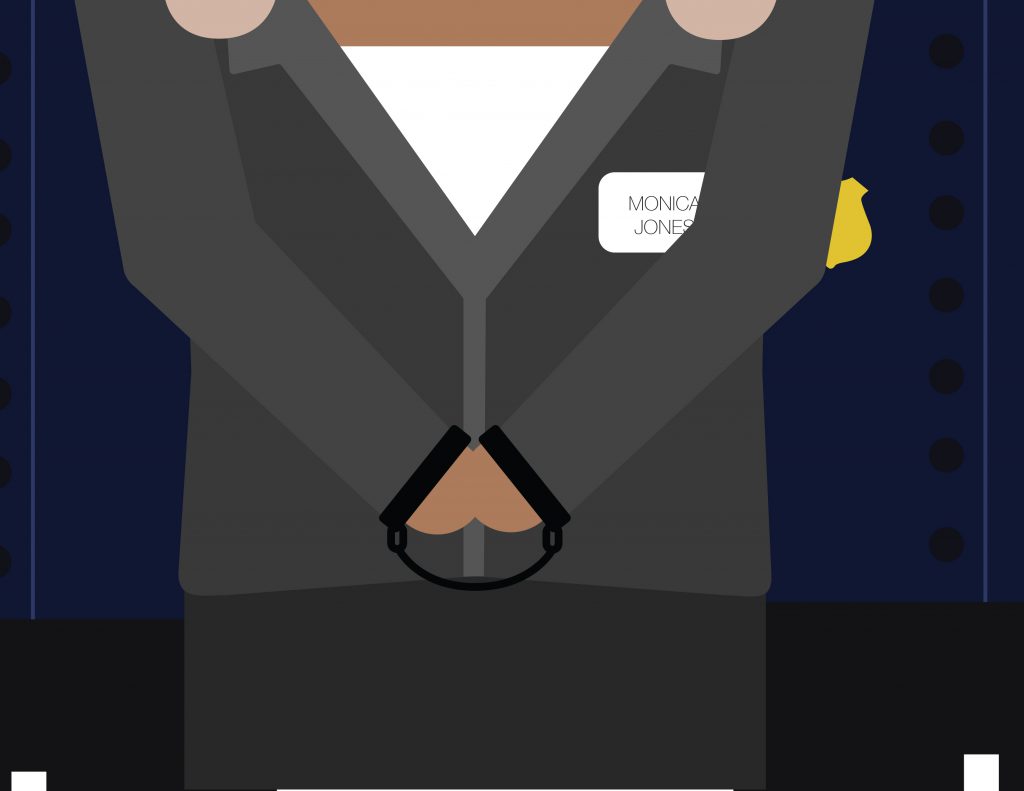Income inequality is a major issue this election season, and it’s a serious and personal issue for the #LGBTQ population. While #poverty is not inherently a #crime, legislation and law enforcement often criminalize poor people. LGBTQ people are already vulnerable to poverty, #discrimination, and police brutality, so the criminalization of poverty impacts us in extremely damaging, dangerous ways.
Why Homelessness is an LGBTQ Issue
Currently, only 19 states prohibit housing discrimination on the basis of sexual orientation and gender identity. Three states prohibit housing discrimination only on the basis of sexual orientation. The remaining 28 states, including Ohio, have no statewide protections for LGBTQ people seeking housing.
Though housing discrimination is an obstacle, many families use family values to justify kicking their children out of their homes. This is the primary reason for LGBTQ homelessness. According to a study with the Williams Institute, 40% of #homeless youth are LGBTQ.
After coming out as trans to my family, in 2012, my father kicked me out. However, the privilege of employment, and some exceptionally lucky circumstances kept me safe and allowed me to find stable housing. Many aren’t that lucky, and it’s a short leap from homelessness to fines and jail, due to cities and police enforcing laws which target the homeless.
Criminalization of Homelessness/Unemployment
Many places, including Summit County, Ohio, criminalize the unemployed for asking passersby for assistance. Many more cities criminalize the homeless for simply existing in public, from anti-loitering laws to the hostile waste of resources known as anti-homeless spikes. Police have arrested compassionate citizens for feeding the homeless.
In 2003, Utah started giving houses to homeless people. At first glance, and from the anti-poor perspective of fiscally conservative policies, that sounds expensive. But the state has saved millions of dollars since they no longer waste money incarcerating and institutionalizing the homeless.
Transphobic Criminalization of Public Facilities
For trans people, the risks of homelessness are even greater. Many homeless shelters refuse to provide safe housing for trans people. Homeless cis people sometimes use gym memberships to shower, but discrimination and violence generally eliminate this option for trans people. Public accommodations such as locker rooms and restrooms are unsafe for #transgender individuals since most states lack legal protection. Even relatively open-minded cities such as Kent and Cleveland don’t have non-discrimination laws. Republican lawmakers in Florida, Texas, and Kentucky recently proposed legislation to criminalize trans people for using appropriate public facilities.
Police Profiling and Criminalization of #Sex Work
Criminalization of poverty also rears its head when impoverished queer people attempt to survive. Employment discrimination leads many to resort to legal and/or illegal sex work. Police arrest people they assume to be sex workers, many of whom are trans women of color, just for existing in public. Then, these women are incarcerated with men, where they often endure sexual assault and transphobic violence.
We need to demand improvements. With marriage equality secured, activists and non-profit organizations can focus on decriminalizing the intersection of poverty and queer existence. Everybody can also work to change the conditions that disproportionately force LGBTQ people into poverty. Participating in the online Trans Housing Network, writing to state and local lawmakers about non-discrimination bills, and just voicing your belief that there’s nothing wrong with being trans, any of these actions help keep members of our community warm, safe, and out of jail.





